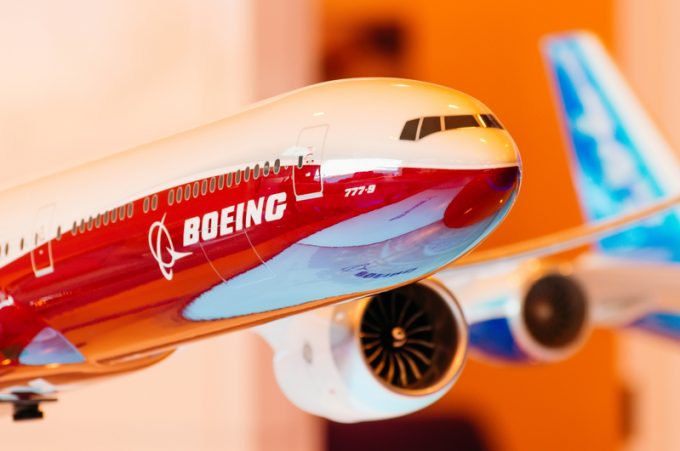China orders airlines to halt Boeing deliveries
China has reportedly told its airlines to stop taking delivery of Boeing aircraft as the ...

All-cargo aircraft must continue to shoulder a higher share of international freight flows, as passenger networks are expected to take years to recover – widebodies plying longhaul sectors being the last to return to normal.
Boeing’s recent 10-year market forecast shows the impact of Covid-19 on passenger travel and the need for aircraft to serve the market, and predicts 18,350 jet aircraft deliveries over the period, which is 11% lower than its projections a year ago.
And a larger portion of the ...
Keep our news independent, by supporting The Loadstar
Container spot rates diverge: to Europe still falling, but firmer to the US
Volume surge and an early peak season? 'Don't celebrate too soon,' warning
Hapag-Lloyd won't take bookings if port congestion leaves cargo stranded
Ecommerce likely the front-runner in resurge of transpacific trade after deal
China-US trade tariff pause could drive a rebound for transpacific rates
Service chaos from trade ban with India a problem for Pakistan shippers
Airfreight rates ex-China 'loss-making', but hopes of a trade deal stay high

Comment on this article
Rayhan ahmed
October 19, 2020 at 2:46 pmToday it’s the freighter v preighter meaning
Preighter is for airlines that do not
Operate freighters and freighters are for
The all cargo operating carriers .
Passenger volumes are going down and down
And airlines need to drown or stay floating even
The preighters operations is not enough income Is It worth operating a preighter with loss
Then profit or it is worth just worth to cease
Operations of the airline till passenger volumes
Increase and choose just to operate freighters
Of some kind if the carrier has them .
Dinesh Kumar
November 12, 2020 at 11:57 amVery informative article.
Congratulations